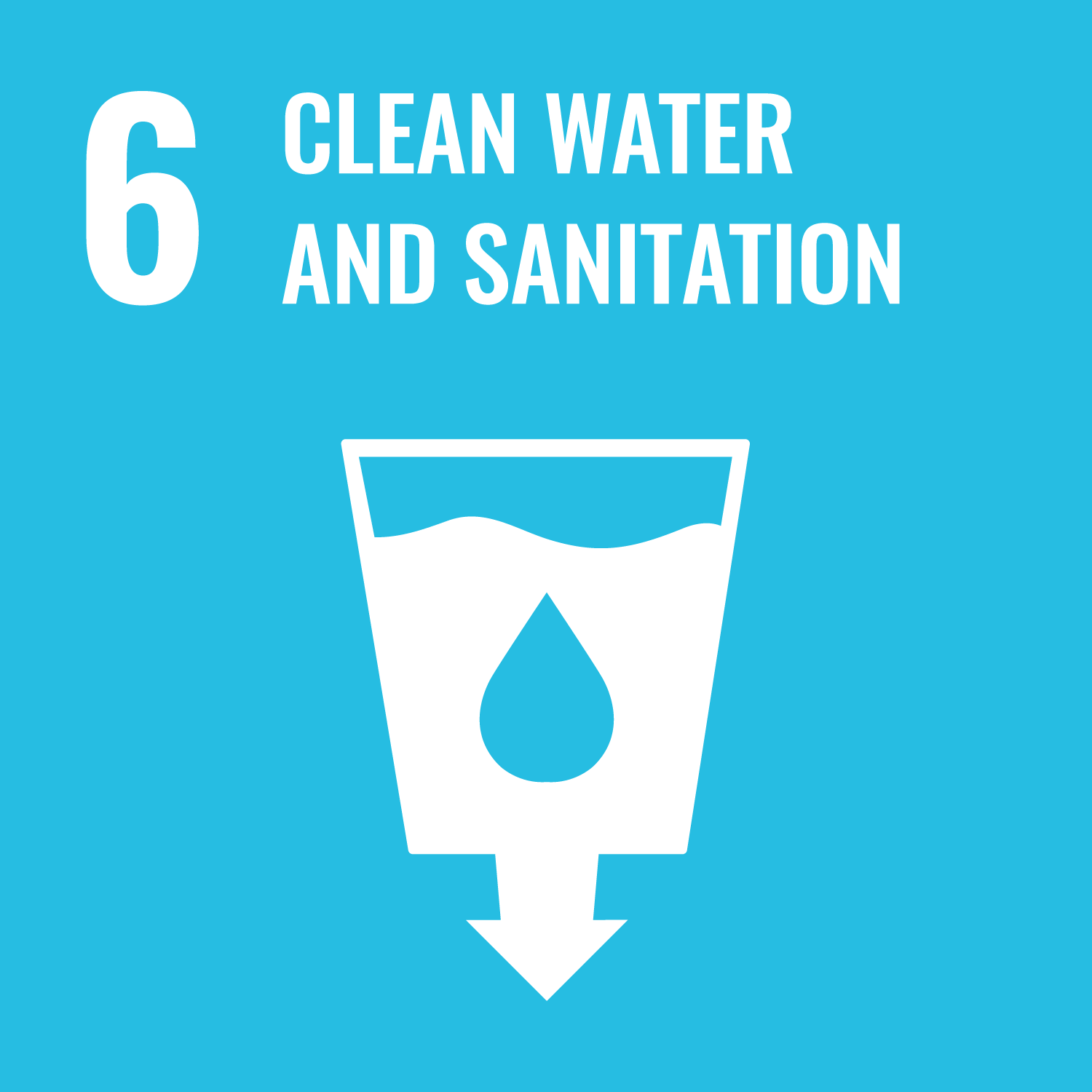Students can select the research topics on various fields related to mechanical engineering and work on their themes under
the professor. Students will learn how to find, approach and solve problems. Also, students will learn the research papers
writing skills. In the process of problem-solving, students have to required creative utilization of basic knowledge acquired
by the three years. So in order to take this course, students must satisfy the requirements for graduation thesis 1 which
is mentioned in "Handbook of Study (Faculty of Engineering)".
The minimum required studying time for the graduation thesis 1 is 400 minutes per week and the total learning time should be 5600 minutes. Students will decide their study schedules with the professor. Individual meeting and group discussion will hold with the professor. Some project may carry out overseas.
The minimum required studying time for the graduation thesis 1 is 400 minutes per week and the total learning time should be 5600 minutes. Students will decide their study schedules with the professor. Individual meeting and group discussion will hold with the professor. Some project may carry out overseas.
The purpose of this class is to utilize expert knowledge as a mechanical engineer, to independently studies solutions for
unknown issues. Students should present their obtained results through papers and oral presentations.
- Students can understand the background of the problem, clarify the research purpose and focus the research subjects.
- Students can utilize their expert knowledge, combine the appropriate experiments and analytical methods, and propose how to solve the problem.
- Students can manage their research plan and perform by the deadline.
- Students can communicate their opinion and explanation of the research result etc. Also, they can understand other person's comments or questions, and discuss with professors and other students.
- Students acquire the skill for the topics and how to survey the information or the knowledge by using the Internet etc.. Students have to learn continuously and autonomously.
(1) Radiation propagation and heat conduction analysis in laser treatment and experiments to evaluate the validity of the
model
(2) Research on photoacoustic 3D imaging technology
(3) Effects of radiation and conduction heat transfer on heat shield
(4) Study on correlation between appearance and optical properties of artificial skin
(5) Correlation between gloss and optical characteristics
(6) Research on metamaterial materials using nanoparticles
(7) Investigation of the relationship between EEG and quality perception
(8) Development of measurement method for underwater microplastics
(9) Development of OCT equipment and evaluation of plant growth using OCT
(10) Study on cryopreservation of fish eggs using electropuncture method
(2) Research on photoacoustic 3D imaging technology
(3) Effects of radiation and conduction heat transfer on heat shield
(4) Study on correlation between appearance and optical properties of artificial skin
(5) Correlation between gloss and optical characteristics
(6) Research on metamaterial materials using nanoparticles
(7) Investigation of the relationship between EEG and quality perception
(8) Development of measurement method for underwater microplastics
(9) Development of OCT equipment and evaluation of plant growth using OCT
(10) Study on cryopreservation of fish eggs using electropuncture method
| Final Exam | Total. | |
|---|---|---|
| 1. | 20% | 20% |
| 2. | 20% | 20% |
| 3. | 10% | 10% |
| 4. | 20% | 20% |
| 5. | 30% | 30% |
| Total. | 100% | - |
【Evaluation method】
Evaluate using Rubric based on research outline, research presentation, and research activity results.
1. Problem Setting Ability (Goals and objectives 1): 20 points
2. Imagination Ability (Goals and objectives 2): 20 points
3. Planning Ability (Goals and objectives 3): 10 points
4. Communication skill (Goals and objectives 4): 20 points
5. Self-Study Ability (Goals and objectives 5): 30 points
Total point is 100 points.
The passing grade is 60 points or more out of 100 points.
[Evaluation Criteria]
More details of evaluation criteria, refer to the rubric to be distributed paper at the guidance.
Evaluate using Rubric based on research outline, research presentation, and research activity results.
1. Problem Setting Ability (Goals and objectives 1): 20 points
2. Imagination Ability (Goals and objectives 2): 20 points
3. Planning Ability (Goals and objectives 3): 10 points
4. Communication skill (Goals and objectives 4): 20 points
5. Self-Study Ability (Goals and objectives 5): 30 points
Total point is 100 points.
The passing grade is 60 points or more out of 100 points.
[Evaluation Criteria]
More details of evaluation criteria, refer to the rubric to be distributed paper at the guidance.
Students must satisfy the requirements for graduation thesis 1 which is mentioned in "Handbook of Study (Faculty of Engineering)".
- Course that cultivates a basic problem-solving skills
- Course that cultivates an ability for utilizing knowledge
- Course that cultivates a basic self-management skills
- Course that cultivates a basic interpersonal skills
| Work experience | Work experience and relevance to the course content if applicable |
|---|---|
| Applicable | Based on teacher's working experience for development of motor bike, the teacher teaches how to develop a experimental system and related equipments. |







- 4.QUALITY EDUCATION
- 6.CLEAN WATER AND SANITATION
- 7.AFFORDABLE AND CLEAN ENERGY
- 9.INDUSTRY, INNOVATION AND INFRASTRUCTURE
- 12.RESPONSIBLE CONSUMPTION & PRODUCTION
- 13.CLIMATE ACTION
- 17.PARTNERSHIPS FOR THE GOALS
Last modified : Sun Mar 21 17:49:32 JST 2021
